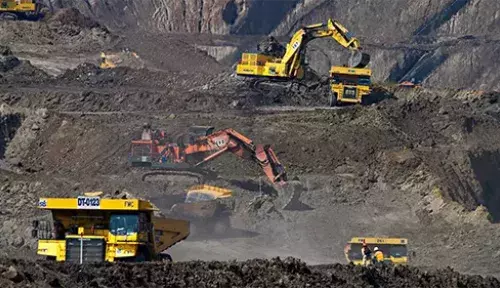Energy-related projects at OSFG
Oxford Sustainable Finance Group (OSFG) projects with an energy-related component include work on stranded assets, the value of AI and new data science, and the need for analytics to quantify climate risk.
Latest news
Trump tells Starmer to dump windmills and increase North Sea drilling
Sugandha Srivastav debunks Trump's claims, drawing on research in the economics of climate change and renewable energy to conclude that 'investing in solar, wind and batteries remains the best way to reduce our bills'.
'Times' Letter of the Day
"The Times recent leading article calling for the abandonment of the UK’s clean power target misunderstands the economic and strategic case for clean energy", writes Anupama Sen. "Far from being an 'ideological obsession', decarbonising the power grid is a practical necessity."
How forging ahead with Net Zero could make Britain money
Shrinking the UK’s Net Zero ambition would only make energy prices higher and put British industry at a disadvantage, warns professor Doyne Farmer. We must create a sustainable system of tomorrow.
Past projects
RISE: Renewable, innovative and scalable electrification
The interdisciplinary RISE project focused on designing integrated, practical and transferable strategies for the local SME renewable energy sector in Sub-Saharan Africa. Our work centred on two contrasting national case studies, in Uganda and Zambia.
Mumuni Singani: energy provision in rural Zambia
Mumuni Singani, a spin-off from the RISE project, created an innovative concept that combines access to clean energy, irrigation systems, sustainable farming and agro-processing solutions in Singani, Zambia. The approach was developed in cooperation with local communities, especially the involvement of Women Self-Help Groups, with the aim of scaling-up the concept across other regions in sub-Saharan Africa.












